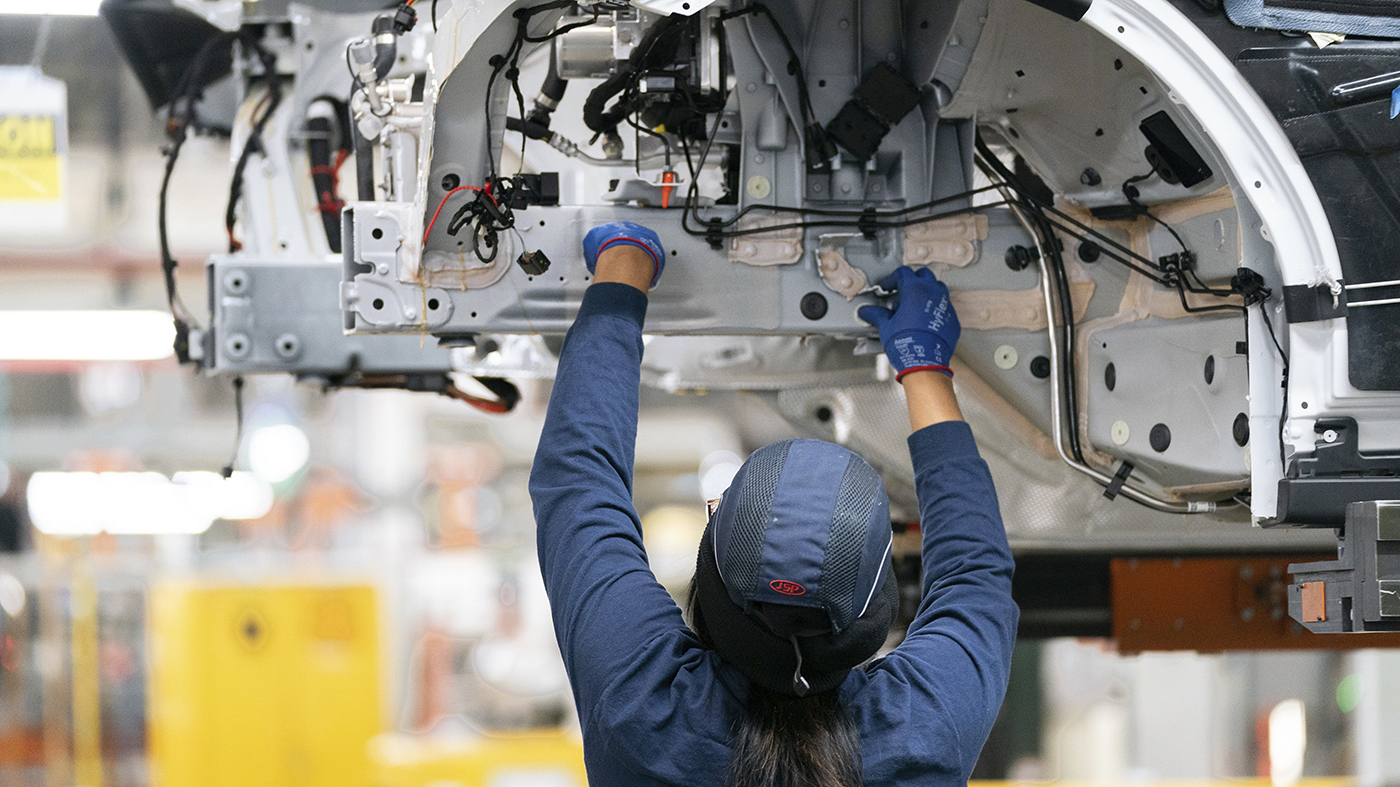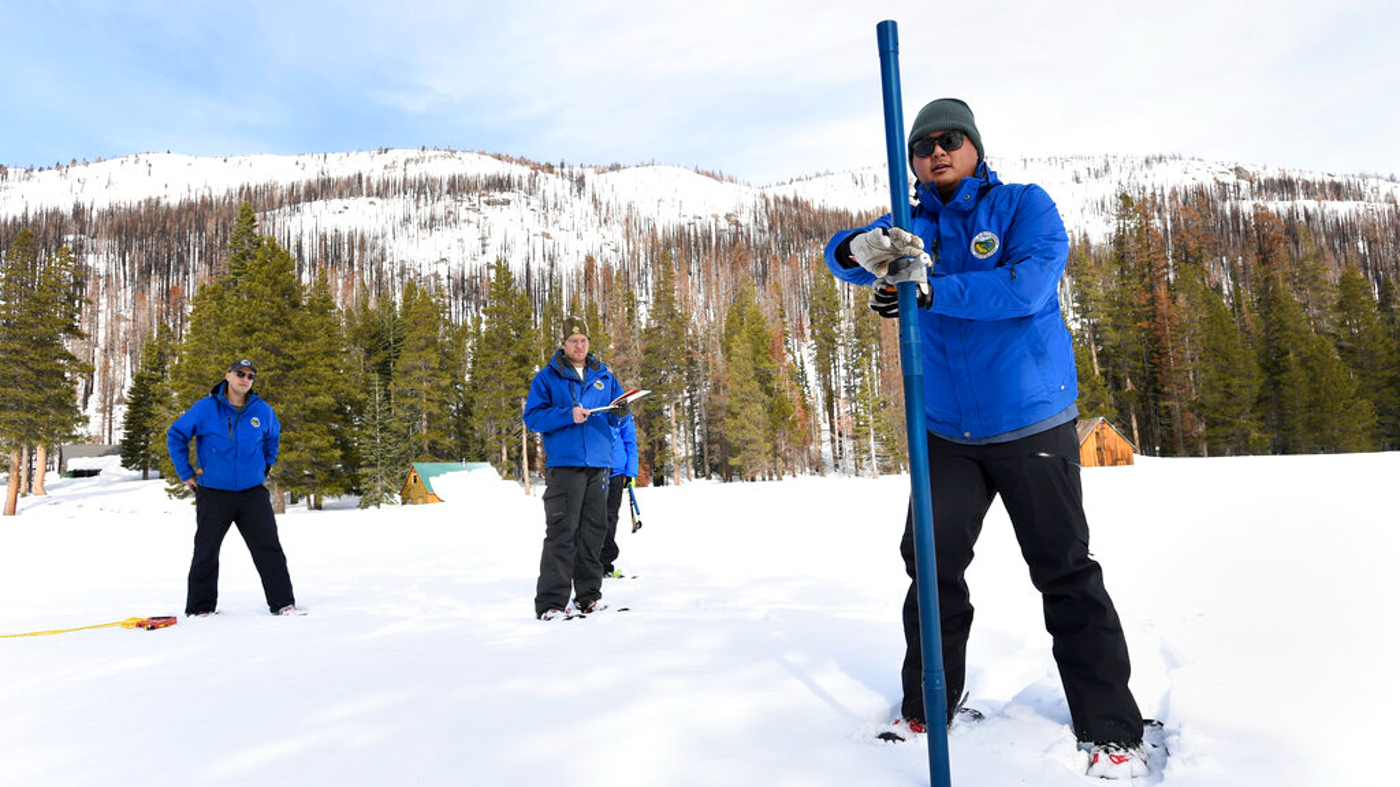As of Wednesday morning, 30 percent of workers at the Mercedes-Benz facility outside Tuscaloosa, Ala., have voted to join the national union, according to a statement from UAW.
It also comes on the heels of last fall’s 40-day strike by around 50,000 UAW workers, who conducted simultaneous walkouts against the “Big Three” automakers — Ford, General Motors and Stellantis — in the upper Midwest and won sizable pay increases.
Mercedes workers point to stagnant wages even as the company made $156 billion in profits over a decade, largely from selling cars whose prices jumped by 31 percent.
“Back in the day, you could get by on the pay here,” Derrick Todd, an employee since 2005, said in a statement released by UAW.
“Year after year, the company says they’ve got record profits and sales, but our pay doesn’t keep up. It’s time to set things right,” Todd added.
The Hill has reached out to Mercedes for comment.
The announcement in Tuscaloosa follows a similar one by workers at the Volkswagen plant in Chattanooga, Tenn., in December.
Both the VW and Mercedes announcements are at the leading edge of an “unprecendented” new campaign by the UAW targeting 13 carmakers, from Hyundai and Rivian to Tesla and Honda, according to The Detroit Free Press.
That drive pushes the union into territory long hostile to organized labor.
Only about 5 percent of Southern workers are in a union, according to the U.S. Bureau of Labor and Statistics.
Republican politicians have long used the region’s low union involvement as a selling point.
In 2014, former South Carolina governor and current GOP presidential hopeful Nikki Haley (R) told automakers at a conference that union organizing at car manufacturing plants in her state “was not something we want to see happen.”
Haley suggested that companies with unions should stay out of South Carolina “because we don’t want to taint the water.”
For decades, business has listened. Since the 1970s, the center of gravity of the auto industry has moved away from Detroit’s Big Three automakers as largely foreign-owned companies set up shop in the Midwest and Southeast.
In those regions, long histories of racism and slavery have helped impact low union involvement, with Jim Crow repression targeting both union organizers and civil rights activists, wrote historian Calvin Schermerhorn of Arizona State University in The Washington Post.
Attempts to organize those plants have historically failed. In 2016, workers at the Chattanooga VW plant voted down a previous proposal to join the UAW by just 43 votes.
At the time, anti-union VW workers crowed about the victory.
“Unions are going to have as hard a time other places in the South as they had in Chattanooga. We just don’t like unions very much down here,” wrote Mike Jarvis in the New York Times in 2016.
Jarvis pointed to “the corruption in unions, the buddy-buddy treatment for the right people” and the idea that unions had led to the decades-long decline of the Big Three.
On the other side, union campaigners and UAW leadership charged the vote had failed due to outside interference in the election by Republican politicians and mid-level management at the company, according to In These Times.
Union campaigners have charged that illegal interference was a problem in this winter’s campaign too. There have been widespread official complaints by workers before the National Labor Review Board that several of those plants had engaged in illegal union-busting, as The Hill reported.
Last week, more than 30 Democratic senators sent a letter to 13 automakers — all targets of the ongoing UAW drive — demanding that they stay neutral amid attempts to unionize their plants.
In Tuscaloosa, workers framed the campaign as one that could reinvent labor relations in the Southeast.
“When we get our union in here, I think people will once again look at Mercedes and say, it’s not just another job, it’s a career job,” Jeremy Kimbrell, long-time machine operator at the plant, said in a statement.
“And that’ll spread out to the suppliers and then to the broader area,” Kimbrell added.













